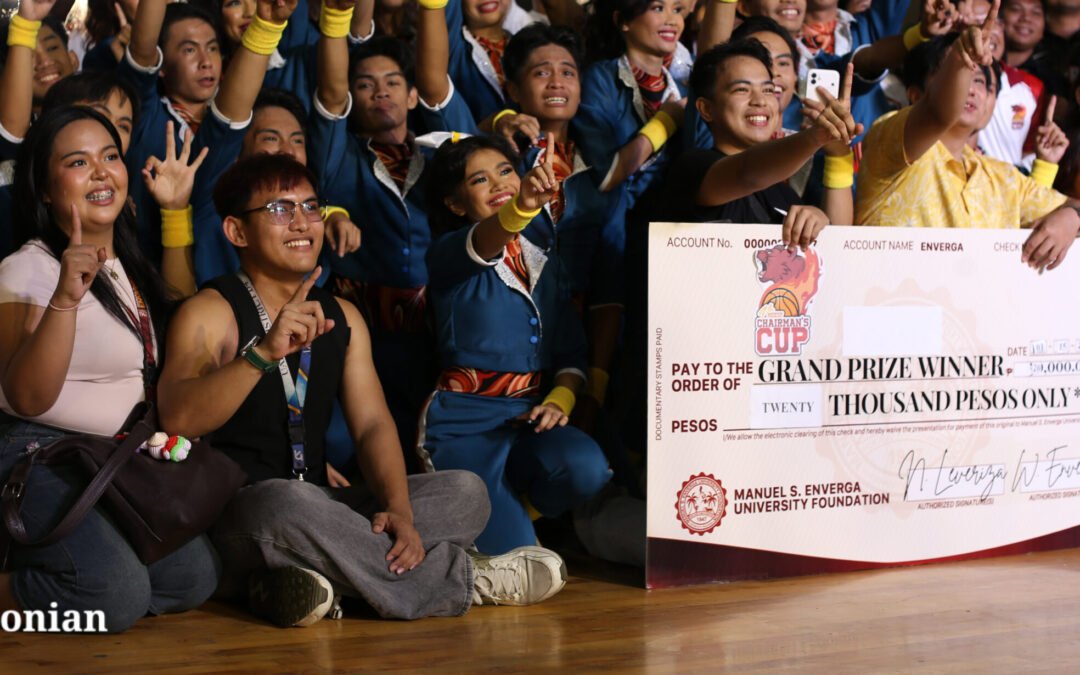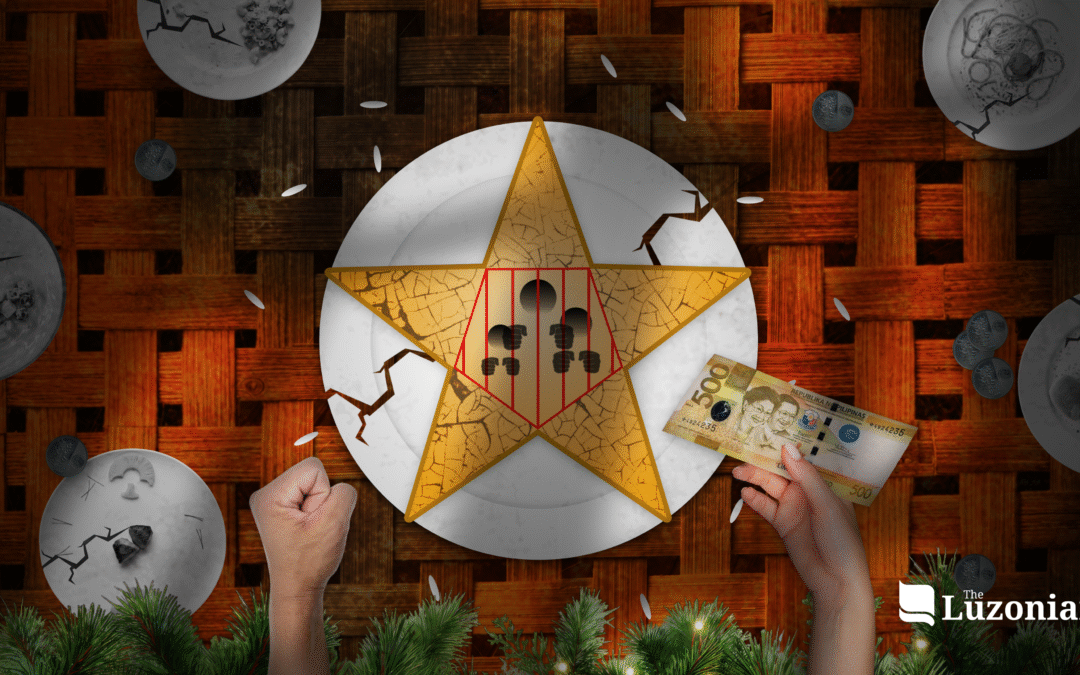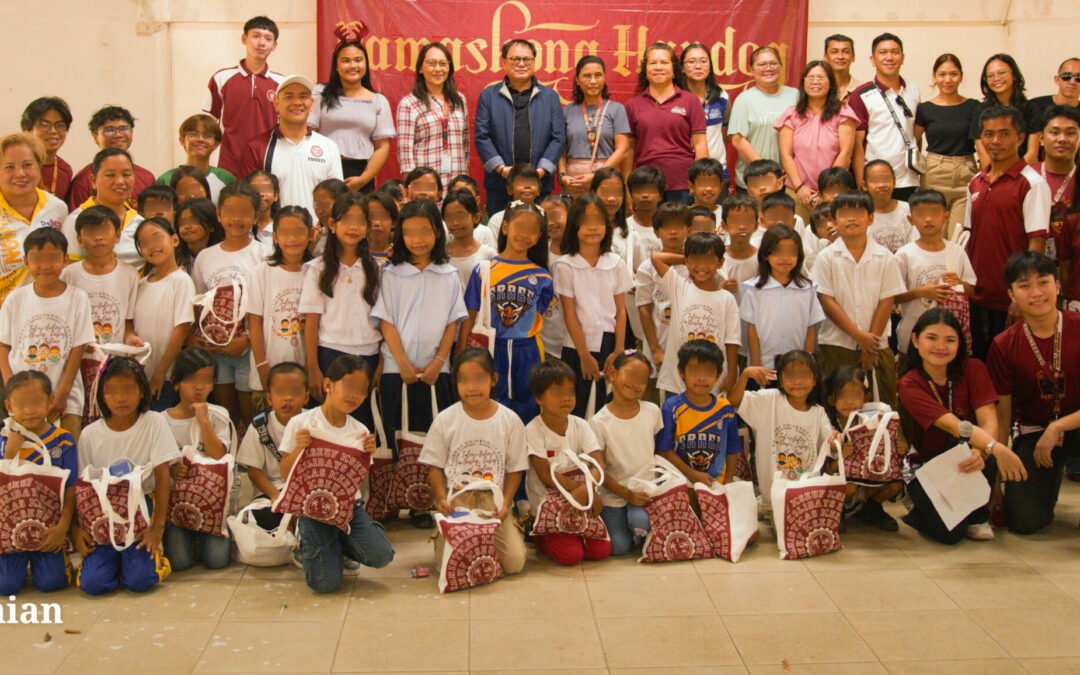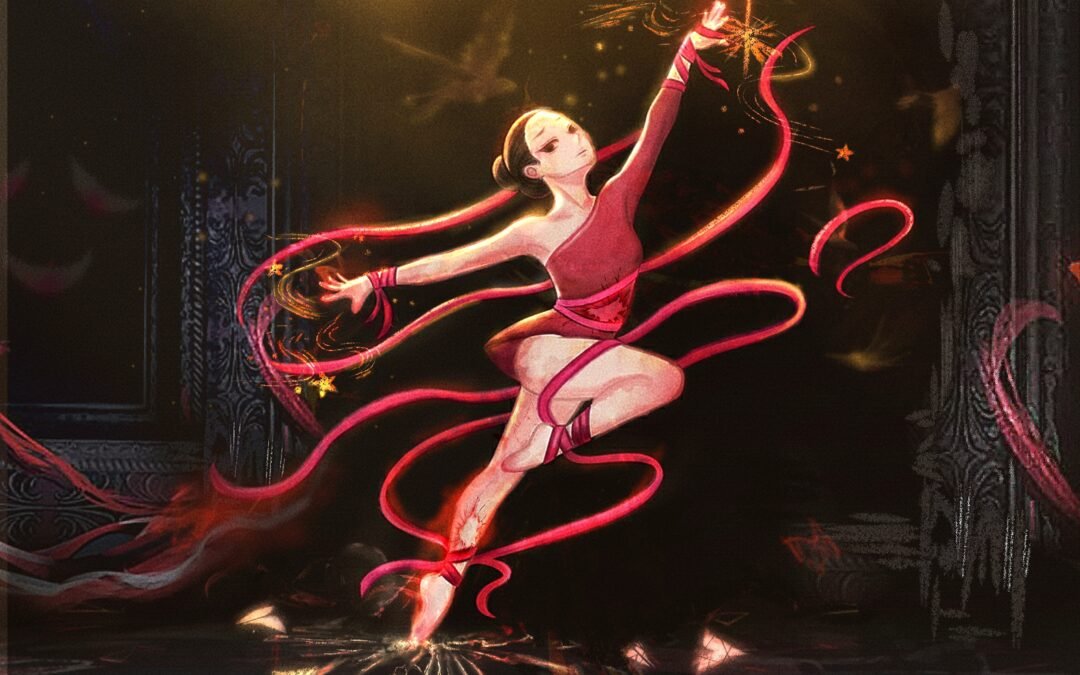The strongman has fallen. The man who once ruled with an iron fist, who dismissed human rights as “bullshit” and gave police the power to kill without question, now stands in chains. But no matter how many legal defenses his lawyers mount, no matter how much his supporters cry foul, one truth remains—this is justice long overdue.
I remember the nights when the gunshots never stopped. The city would go quiet for a moment, as if holding its breath, and then—bang. Another body would hit the pavement. Another life reduced to a bloodstain on the concrete. Morning came, and the bodies remained. Sprawled in the gutters. Faces hidden beneath cardboard signs marked with a single, damning phrase: ‘PUSHER AKO.’ No judgment. No trial. Just an executioner with a gun and the assurance that the President himself had their back.
Rodrigo Duterte ruled through fear. He called it a war, but it was never a battle—just an open season on the poor. We all saw it happen, how the bodies piled up, how the police shot suspects in their own homes, how children became collateral damage. Kian delos Santos, 17, dragged into an alley, pleading “Tama na po! May test pa ako bukas!” before bullets tore through his body. Carl Arnaiz, 19, shot five times while kneeling. Reynaldo “Kulot” de Guzman, 14, stabbed 30 times, his head wrapped in packing tape before his body was dumped in a creek.
But the horror wasn’t just in the killings. It was in how quickly we learned to look away. We heard the gunshots at night and convinced ourselves it wasn’t our problem. We scrolled past the news, too numb or too comfortable to care. And it makes me sick how some even cheered him on, convinced that the dead deserved it, that a cardboard sign was proof of guilt, that a bullet to the head was justice. And so the killings continued, night after night, as we turned up the volume on our TVs amidst the sirens forced to listen to Duterte lying through his teeth—it was for the greater good.
Fear only works when you hold the gun. Now, the gun is pointed at him—and justice is pulling the trigger. Arrested. Shackled. Stripped of his ego. The same man who once boasted, “If you kill me, shoot me. I do not care.” The same man who pulled the Philippines out of the ICC, thinking it would shield him from justice. But justice doesn’t forget.
Now, he pleads. Now, he clings to the same rights he spat on—due process, fair trial, presumption of innocence. The same justice he denied to thousands. His lawyers scramble to challenge the ICC’s jurisdiction, while his supporters cry about political persecution. But where were they when six-year-old Myca Ulpina was shot in a police raid? Where was their outrage when fathers were dragged from their homes and executed in front of their children? Where were their cries for justice when bodies filled morgues faster than they could be identified?
And the irony—oh, the irony. Duterte, once the feared strongman, is now a laughing stock. A meme. His family’s pathetic petition for “justice” edited onto satirical posts, his old threats against the ICC played over circus music. He built his reputation on being untouchable, on being the man who defied international law. Now, he’s just another criminal awaiting trial.
The streets are quieter now. No more bodies left on the sidewalks. No more cardboard signs labeling the dead. The fear that once gripped the country is beginning to fade. But justice is not just about silence after the storm. Justice is about remembering, remembering the names, the faces, the blood that stained our streets. Justice is about ensuring that no leader—no matter how powerful, no matter how scared—can get away with mass murder.
Justice is not just the fall of one tyrant. It is a lesson—that no leader, no matter how feared, is beyond the reach of the law. The war is over, but our memory must remain sharp. Because history only repeats itself when we forget.






